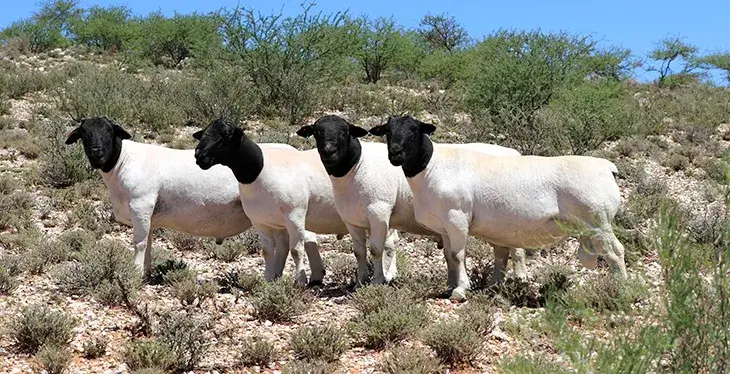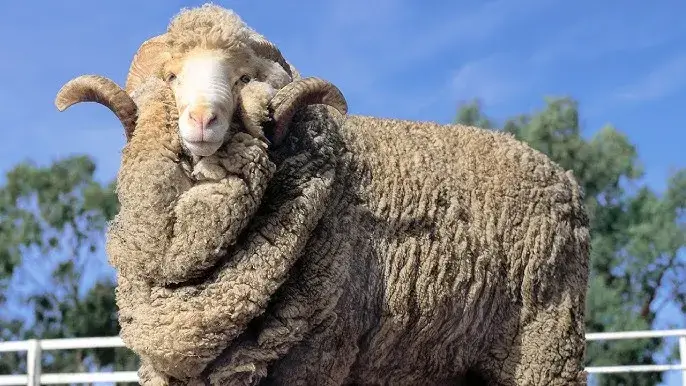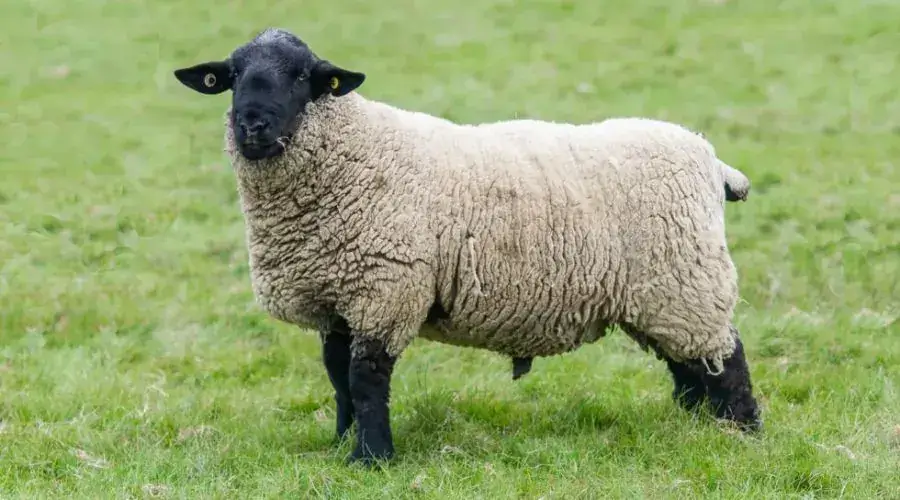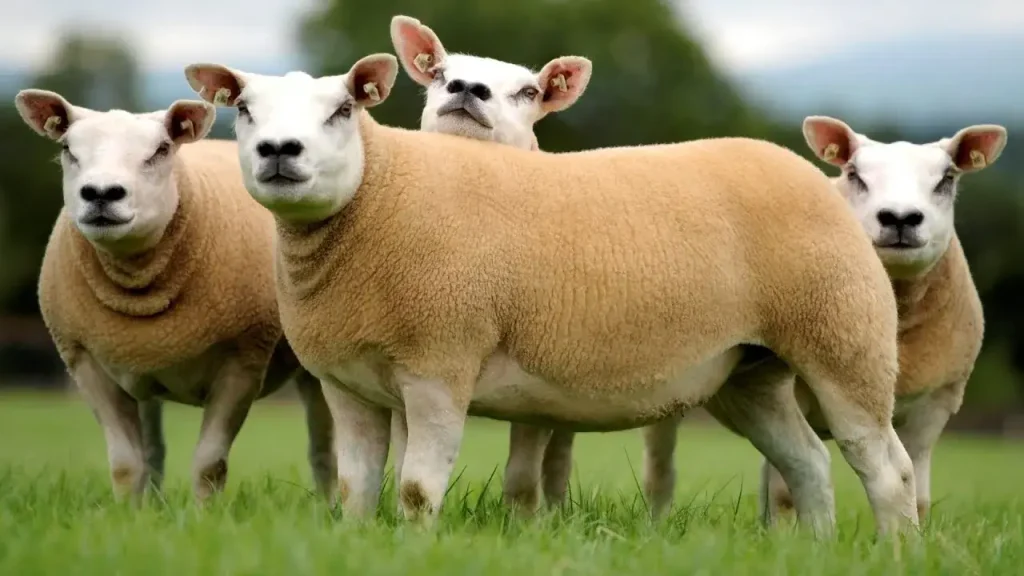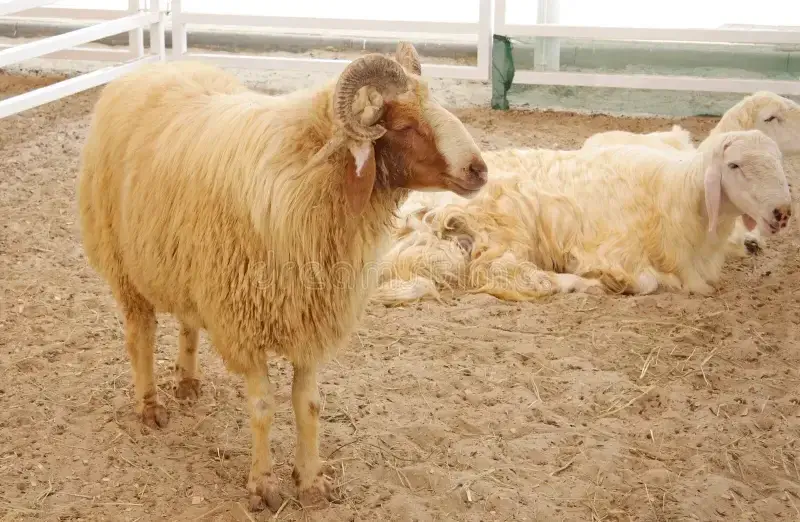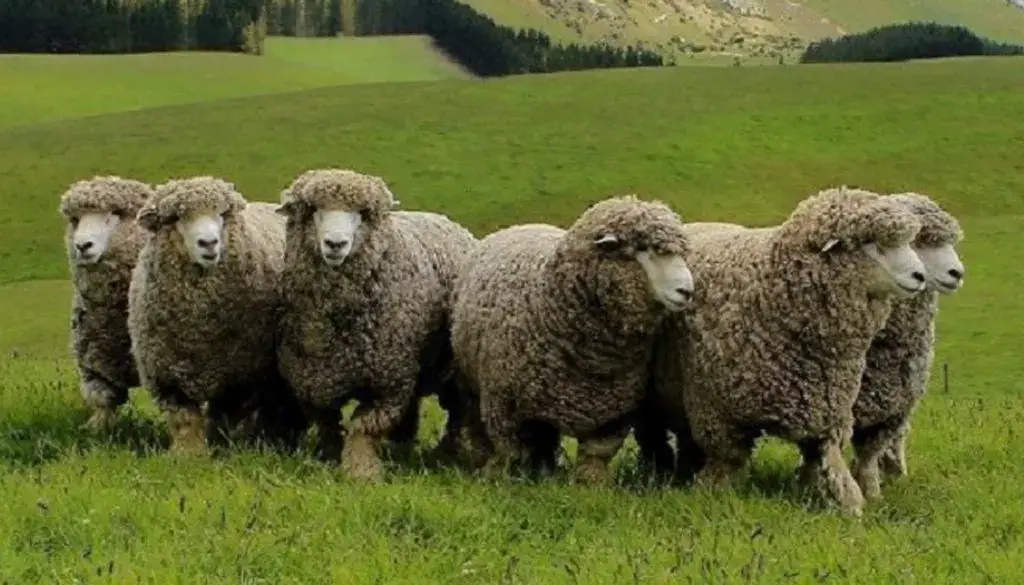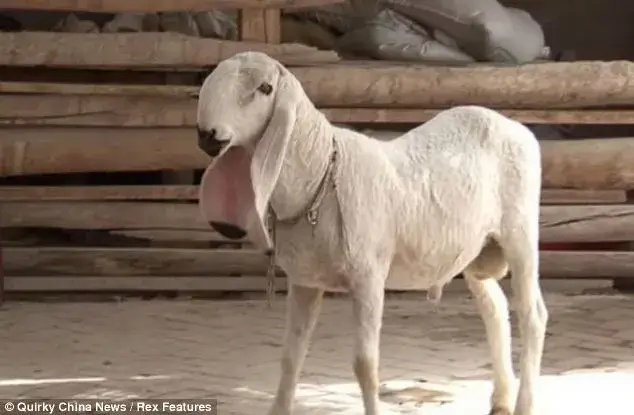🐑 Dorper Sheep – The Resilient Meat Breed for All Climates
🌍 Introduction to Dorper Sheep
The Dorper sheep is a robust and adaptable breed, renowned for its high-quality meat production and ability to thrive in diverse environmental conditions. Developed in South Africa, Dorpers are a top choice for farmers seeking low-maintenance sheep that perform well in both arid and temperate regions.
📜 History and Origin
In the 1930s, the South African Department of Agriculture aimed to create a meat sheep breed suitable for the country’s arid regions. By crossbreeding Dorset Horn rams with Blackhead Persian ewes, they developed the Dorper sheep. The name “Dorper” combines “Dorset” and “Persian,” reflecting its lineage. :contentReference[oaicite:0]{index=0}
🧬 Physical Characteristics of Dorper Sheep
Dorper sheep are medium-sized with a distinctive appearance:
- 🖤 Color Varieties: Black-headed Dorper and White Dorper
- 🐏 Body: Muscular build with a short, light coat of wool and hair
- 🦶 Skin: Thick and highly valued in the leather industry
- 📏 Weight: Rams: 90–120 kg; Ewes: 60–80 kg
🌟 Temperament and Behavior
Dorpers are known for their calm and docile nature, making them easy to manage. Their non-selective grazing habits allow them to utilize a variety of pastures, contributing to their popularity among farmers. :contentReference[oaicite:1]{index=1}
🌄 Preferred Environment
Originally bred for arid conditions, Dorpers have demonstrated remarkable adaptability:
- ☀️ Thrive in hot, dry climates
- ❄️ Adapt well to cold environments, growing a thicker coat as needed
- 🌾 Suitable for extensive and intensive farming systems
🥗 Nutrition and Feeding
Dorpers are efficient foragers and can maintain condition on various feed sources:
- 🌿 Graze on a wide range of plants, including those less palatable to other breeds
- 🌾 Benefit from supplemental feeding during periods of low pasture availability
- 💧 Require constant access to clean water
🩺 Health and Lifespan
With proper care, Dorper sheep can live productive lives:
- 🧬 Hardiness: Resistant to common diseases and parasites
- 🩺 Care: Regular health checks and vaccinations are recommended
- 📆 Lifespan: Typically 10–12 years
🎯 Main Uses of Dorper Sheep
Dorpers are primarily raised for meat production:
- 🥩 Meat: Tender, flavorful, and low in fat
- 🧥 Skin: High-quality leather known as “Cape Gloves”
- 🌾 Grazing: Effective in pasture management and land improvement
👑 Economic and Cultural Importance
The Dorper breed has gained international recognition:
- 🌍 Widely distributed across continents, including Africa, Australia, and the Americas
- 💼 Valued for its economic returns in meat and skin production
- 🧬 Contributes to sustainable farming practices through efficient resource use
📈 Breeding and Reproduction
Dorpers exhibit excellent reproductive traits:
- 🍼 Fertility: High lambing rates with potential for three lambings in two years
- 🤱 Maternal Instincts: Ewes are attentive mothers with good milk production
- 👶 Lambs: Vigorous at birth with rapid growth rates
🎉 Fun Facts About Dorper Sheep
- 🧬 Developed to combine the meat quality of Dorset Horns with the hardiness of Blackhead Persians
- 🧥 Naturally shed their fleece, reducing the need for shearing
- 🌿 Known for their ability to graze on a variety of plants, including weeds
- 🌍 Second most common sheep breed in South Africa
❓ Frequently Asked Questions
Q1: Do Dorper sheep require shearing?
A: No, Dorpers naturally shed their fleece, eliminating the need for shearing.
Q2: Are Dorper sheep suitable for small-scale farming?
A: Yes, their adaptability and low maintenance make them ideal for smallholders.
Q3: What is the primary purpose of raising Dorper sheep?
A: They are primarily raised for high-quality meat production.
Q4: Can Dorper sheep thrive in cold climates?
A: Yes, they adapt well to cold environments by growing a thicker coat.
Q5: How often do Dorper ewes lamb?
A: Ewes can lamb up to three times in two years under optimal conditions.
✅ Conclusion?
Dorper sheep offer a combination of hardiness, adaptability, and high-quality meat production, making them a valuable asset for farmers worldwide. Their ease of care and efficient resource utilization contribute to sustainable and profitable farming practices. Whether you’re a seasoned farmer or new to sheep rearing, Dorpers are a breed worth considering. 🐑🌾🌍
